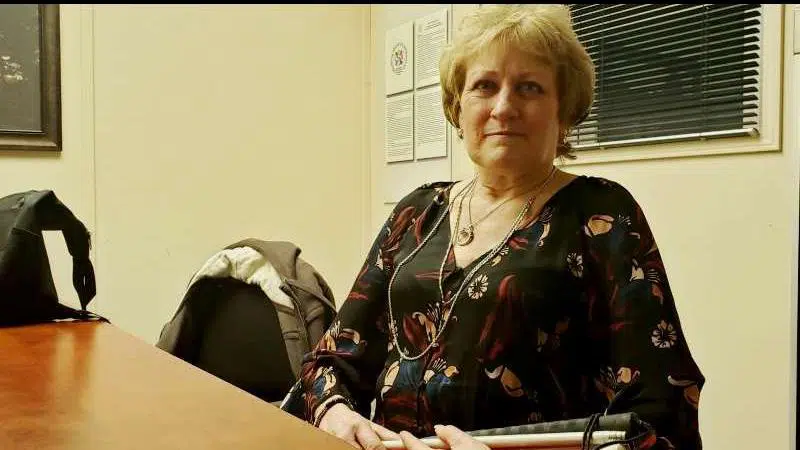
CNIB and Vision Loss Rehab offices to close on Sept. 20 in four Alberta cities including Grande Prairie
Longer wait times are on the horizon for thousands of Albertans who depend on local offices run by Vision Loss Rehabilitation Alberta (VLRA).
Part of the CNIB, VLRA launched in 2018 and was informed by the provincial government earlier this summer that it would not be receiving the funding needed to keep open its regional offices in Red Deer, Lethbridge, Medicine Hat and Grande Prairie.
Branches in those cities will close this Friday, September 20. Eleven people will lose their jobs, including reductions in Calgary and Edmonton.
“We are 100 per cent committed to continuing to provide you with support,” says Matthew Kay, Executive Director for Vision Loss Rehabilitation Canada Alberta/Northwest Territories.
